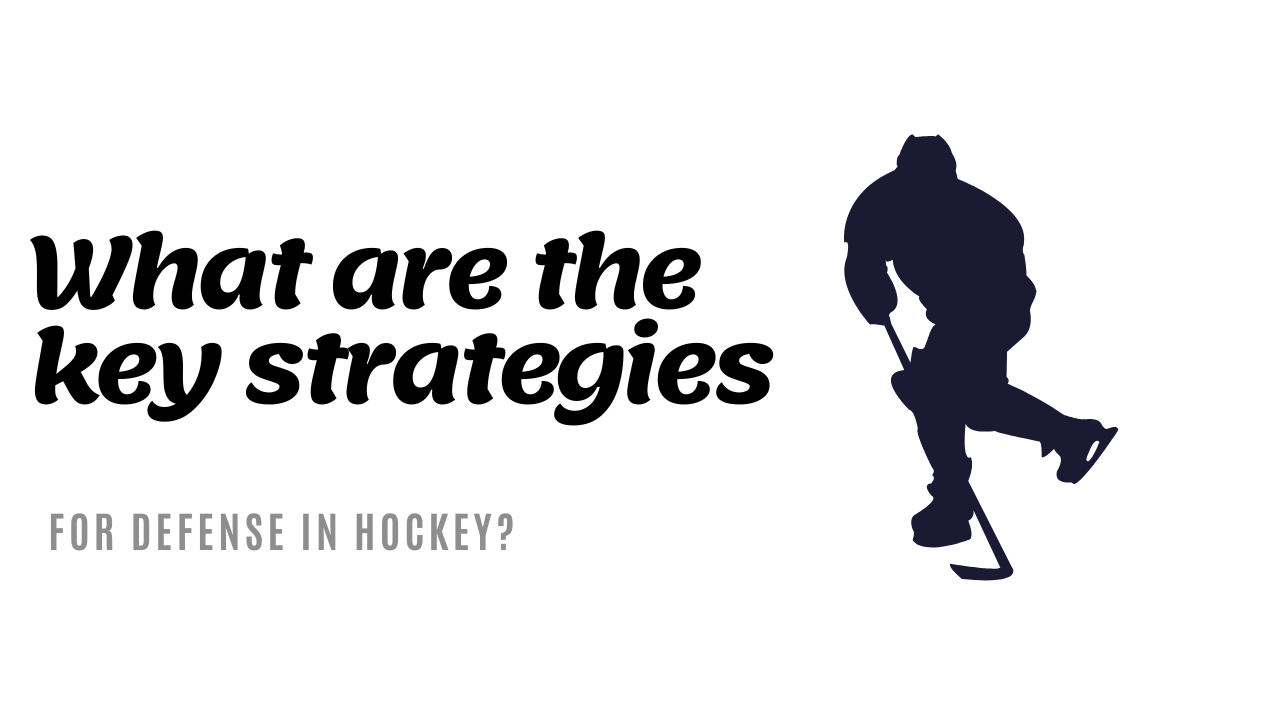Defense in hockey is as crucial as scoring goals. A strong defense can not only prevent the opposing team from scoring but also create opportunities for your team to attack.
In this article, we explore essential strategies that beginner hockey players can develop to enhance their defensive skills.
1. Positioning and Awareness
In hockey, good defense starts with correct positioning. Being in the right place at the right time can block shooting lanes and intercept passes, disrupting the offense’s flow. It’s vital to always be aware of where the puck is, where your opponents are, and how the play is developing.
Keep your head on a swivel and stay alert to changes, adjusting your position accordingly to remain between your opponent and your goal.
2. Skating Skills
Defensive skating is all about agility and speed. Quick turns and fast accelerations are necessary to keep up with the offense. Work on your lateral movements and backward skating to effectively shadow opposing players. Practice drills that enhance your speed and agility so you can better maintain positioning and make critical plays when needed.
3. Stick Handling and Blocking
Your hockey stick is a crucial tool in defense. Use it to block shots and passes, poke the puck away from opponents, and clear the puck from your zone. Effective stick handling can help you maintain control over the puck and make smart plays under pressure.
Regularly practicing your stick skills can significantly improve your defensive capabilities.
4. Communication and Teamwork
Defense is not a solo effort; it requires coordinated teamwork. Communicating with your teammates about positioning, potential threats, and play strategies is essential. Whether it’s calling out a pass, signaling a shift in defense, or planning a counterattack, clear communication can make the difference between a disorganized defense and a formidable one.
5. Physical Conditioning
Physical strength and endurance are fundamental to hockey defense. The stronger and more conditioned you are, the better you can withstand the rigors of defensive play. Include strength training and cardiovascular exercises in your routine to improve your endurance, speed, and overall performance on the ice.
Conclusion
Mastering these defensive strategies requires practice and dedication. By focusing on positioning, skating skills, stick handling, teamwork, and physical conditioning, you can become a pivotal part of your hockey team’s defense. Keep learning and practicing, and you’ll see significant improvements in your game.

